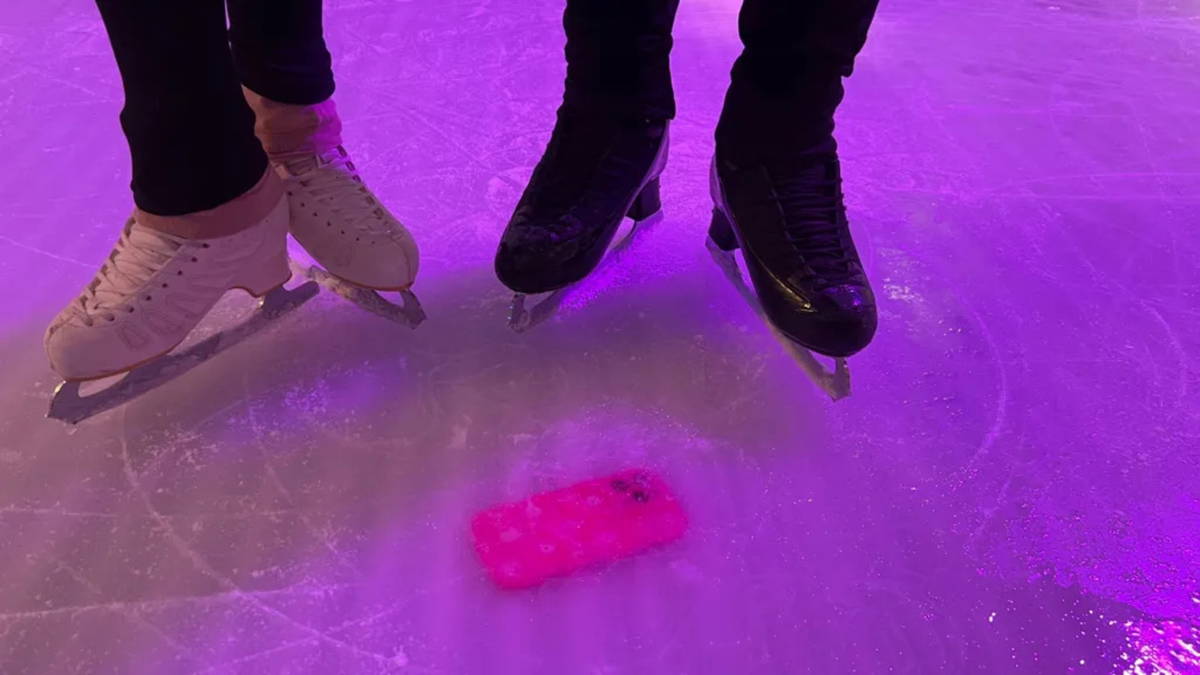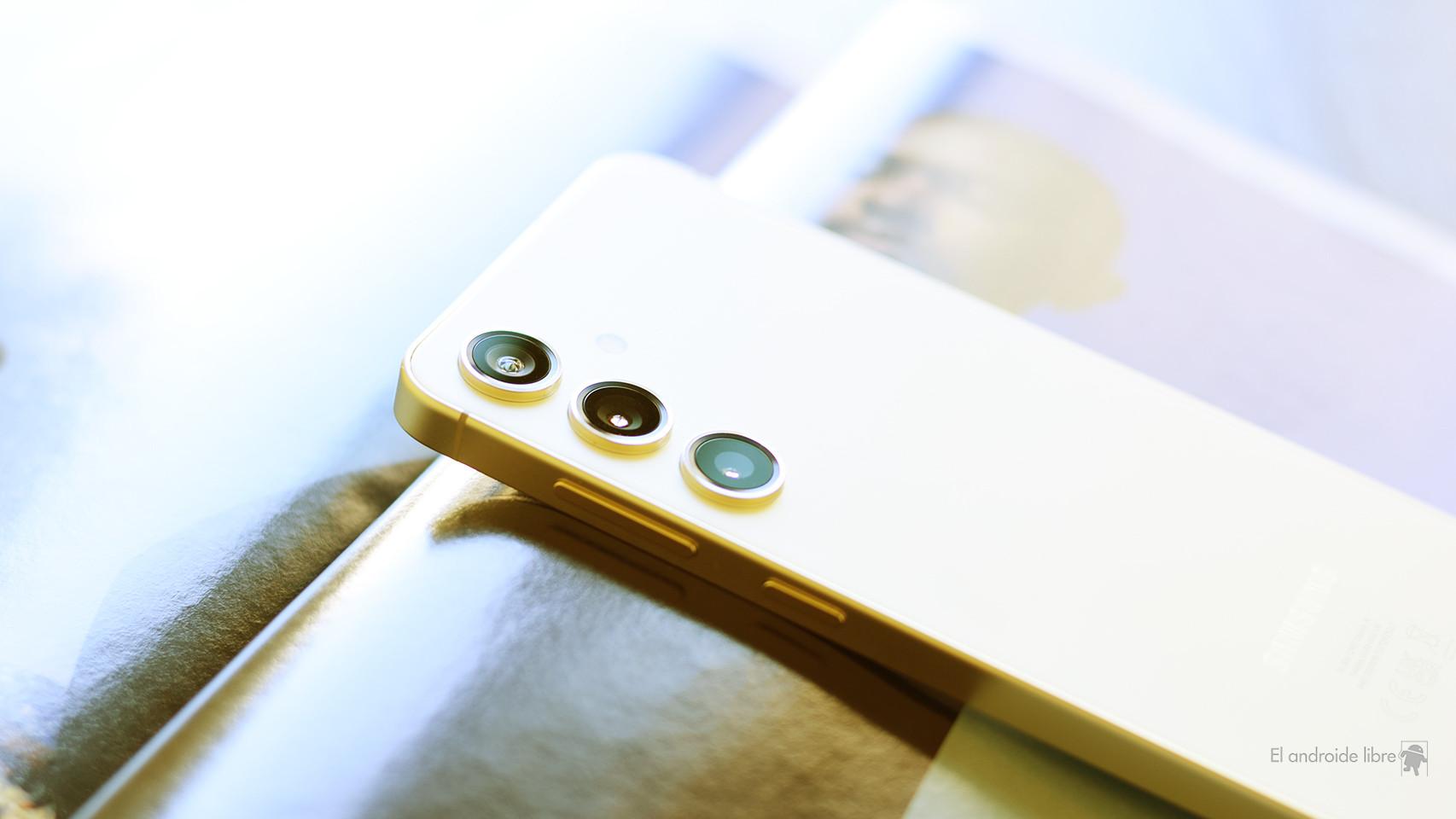During the warmer months of the year, the Apps supposed to scare away flies
These applications base their operation on the emission of ultrasound and other characteristics which vary from application to application. However, it is difficult to measure the results with the naked eye, something these apps take advantage of.
Do mosquitoes not appear because the app is working or do they not appear because there are none nearby? It may be hard to tell with the naked eye, but science does not deceive.
fly scaring apps
Spring and summer are coming and with them, flies and mosquitoes, perhaps the insects we see most on a daily basis and which can be the most irritating. Not only because of the bites, but also because of the inconvenience of floating them around the house or office.
There are a huge number of apps on Google Play that promise to get rid of these mosquitoes by repelling them. by ultrasound. A theory that is very good for what it is: a theory.
Mosquito repellent apps
The free Android
In practice, they don’t work, not because they don’t emit these ultrasounds, but because mosquitoes and flies don’t care, and even get used to them. noises imperceptible to the human ear.
This way of scaring insects with ultrasound would be based on the fact that female mosquitoes are repelled by these sounds, but this is something that has not been scientifically proven. In fact, it’s the opposite.
Going beyond online amateur video evidence, in 2007 Cochrane evaluated 10 field studies involving ultrasound and insects and determined that there is no evidence to support this theory on ultrasound.
The OCU already called a few years ago for electric mosquito repellents to be removed from the market due to their zero effectiveness. And the same goes for mobile apps that promise to have the same effect.
A safety hazard
Although these applications do not pose a danger to insects, they may be for the security of the mobile or tablet where they are installed. The permissions requested by these types of apps are excessive for their functions, and there are other things that don’t add up.
In Google Play, you can see various data about each app, such as data you share with third parties, data it collects from the device it’s installed on, and security practices.
Mosquito Alert app data
In reviewing several of these apps, we found that they ask for a series of rather intrusive permissions. These are applications whose sole mission is to emit ultrasound, so it is not necessary to request them.
These are some such as access to photos and videos of the device or access to precise location. Adding this to what there are some that do not encrypt data and that they can share this information with third parties, they don’t seem very trustworthy.
[La aplicación más descargada es una peligrosa app de linterna]
It is important to check the permissions and information that these types of apps collect, just like with prank apps that imitate objects such as flashlights, hair clippers, etc. There are times, like this, when behind these types of apps, there can be bad intentions.
You may be interested
Follow the topics that interest you











